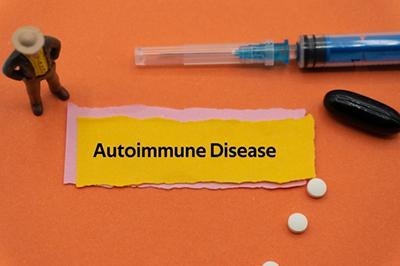
An autoimmune disease is a condition in which your body's immune system erroneously attacks its own body, erroneously thinking healthy cells - like bacteria or viruses- are attacking the body. According to the medical professionals at Iowa Kidney Physicians in Des Moines, IA, a healthy immune system typically defends against toxic substances (i.e., infection, disease, etc.), but when afflicted with an autoimmune condition, mistakenly attacks healthy cells and even can weaken the body’s ability to function.
Autoimmune conditions have the potential to impact nearly any body part and often cause inflammation, pain, and organ damage. As many as 50 million Americans (and almost 80% of them women) are believed to have one or more autoimmune diseases, which remarkably makes autoimmune diseases the third most prevalent disease category statistically, exceeded only by heart disease and cases of cancer.
What Causes an Autoimmune Disease?
The specific or exact causes of the development of autoimmune diseases have not yet been completely understood but are most likely to involve varying combinations of genetic, hormonal, and environmental
factors. 100+ types of autoimmune diseases impact various body parts. Examples include Type 1 Diabetes, IBD-inflammatory bowel Disease, Lupus, Hashimoto’s Hypothyroidism, Multiple Sclerosis, and more.
Several autoimmune diseases have the potential to impact one’s kidneys. The most common autoimmune conditions treated by kidney specialists/nephrologists include -
- Type I or Type II diabetes that causes long-term, high/uncontrolled blood sugar can begin to impact your kidney function.
- Lupus Nephritis refers to kidney inflammation that can lead to further kidney damage and impaired function.
Other autoimmune diseases that may impact kidney function more specifically include autoimmune vasculitis, glomerulonephritis (kidney inflammation), membrane nephropathy, and Berger's disease.
How Are Autoimmune Diseases Treated?
Treating autoimmune medical conditions usually involves proactively managing the manifested symptoms and attempting to suppress the abnormal response from your body’s immune system.
There are many types of medicines; however, the exact medication is contingent on the condition, your manifested symptoms, and the severity of the autoimmune situation. Potential treatment options include -
Symptom Relief.
Some people can use OTC meds to treat mild symptoms; however, prescription meds may be needed to manage more severe symptoms - pain, swelling, anxiety, sleep problems, depression, fatigue, or rashes.
Replace of Vital Bodily Substances.
Diabetes and thyroid disease impact your body's ability to function properly – so medication replaces the missing substances your body requires.
Immune System Suppression.
Medications can suppress immune system activity, which helps control/manage the disease and helps maintain/preserve the function of the organ impacted.
Call for a Consultation Today
For more information, contact the Iowa Kidney Physicians with two Des Moines, IA offices (Methodist Plaza or West Des Moines) at (515) 336-6557 or online.
